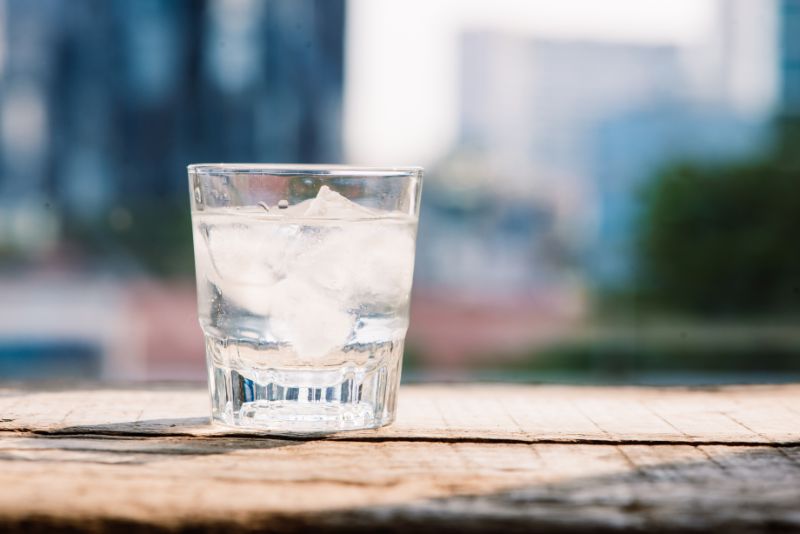What Are the Types of Water Softeners?
Water softeners are devices that help to improve the quality of water in your home. They can be used in the kitchen, shower, and bath to add softness to the water. You can find a variety of different types of water softeners on the market, and choosing the right one for your needs is important. Here are some of the most common types of water softeners:
(Searching in Google “UV Systems McGowan“? Contact us today!)

Salt-based water softeners: This is the most common type of water softener. It works by using an ion exchange system to remove hard water minerals. The resin inside the tank is designed to attract calcium and magnesium ions from the water. When this happens, the ions are replaced by sodium ions. A salt-based water softener requires a regular regeneration cycle.
Zeolite water softeners: This is a special kind of water softener. The resin bed is made from zeolite, a porous material that absorbs and evaporates salts. Once the resin bed has become saturated with salts, a regeneration cycle is necessary.
Dual-tank water softeners: These are designed with two resin tanks. One resin tank is used for the salt-based softener and the other for the brine. Because the two resin tanks are connected, the salt-based softener can run while the brine tank is empty.
Reverse osmosis: Reverse osmosis is a chemical process that uses a large pore membrane to allow water to pass through. The membrane contains a pressure gradient that helps the water flow through it. In addition to removing impurities, reverse osmosis is also effective at reducing iron and manganese in your water. While it is a more expensive method, it is considered the most effective of all types of water softeners.
Ion-exchange: Ion-exchange is a chemical process that utilizes a negative-charged resin to attract positively charged ions. These ions are then released into the water supply. For this method, there are a few types of resins that are suitable. Some of these include univalent sodium, potassium, and chloride. Another type is the 8% crosslink resin. Depending on the size of the system, the resin can last up to 20 years.
Whole-home systems: These systems can be installed to supply water for your whole home. These systems are especially beneficial for older homes that may have problems with corrosion in their pipes.
Some models are available with remote control features that can allow you to adjust the system. Many water softeners also come with Bluetooth technology. If you want to know more about these products, contact your local plumbing service.
Whether you need a water softener for your home or business, it is important to know the different types of these devices. Choosing the right one for your needs can be simple once you know the specifications of the product. But before buying a water softener, make sure that you follow all the rules and regulations in your state. Purchasing a product that does not meet these requirements can void the warranty.
Before buying a water softener, check with your local plumbing service to see if they have any information on any regulations. Also, find out how big of a system you need to satisfy your requirements.

